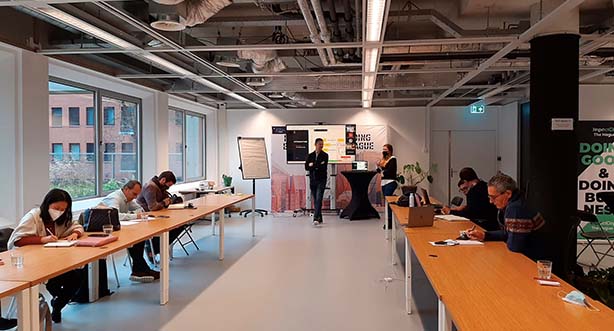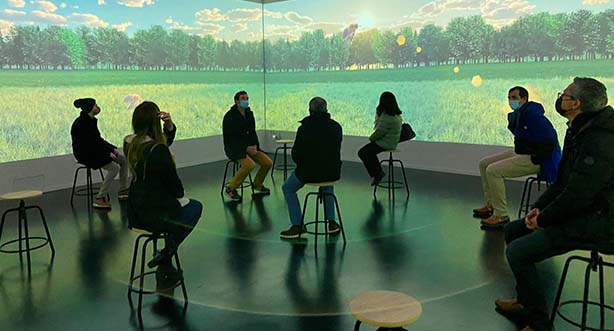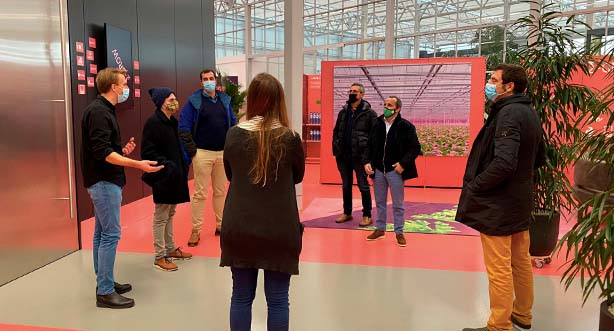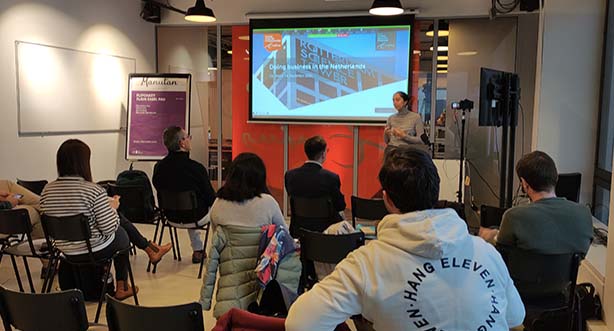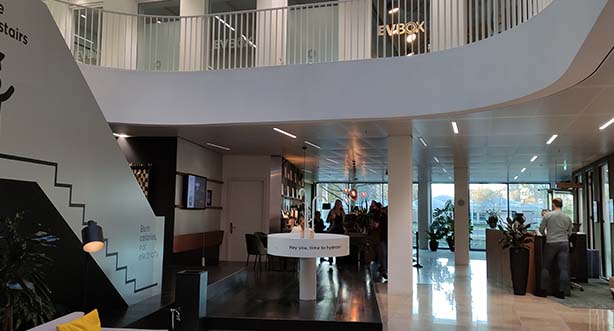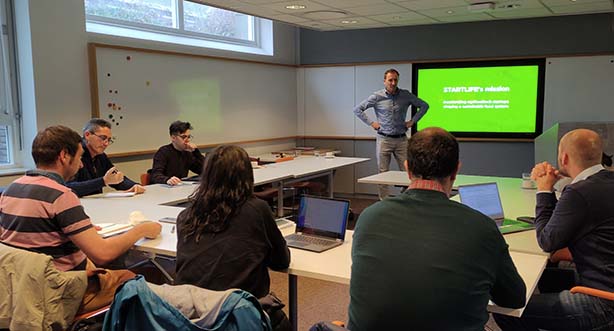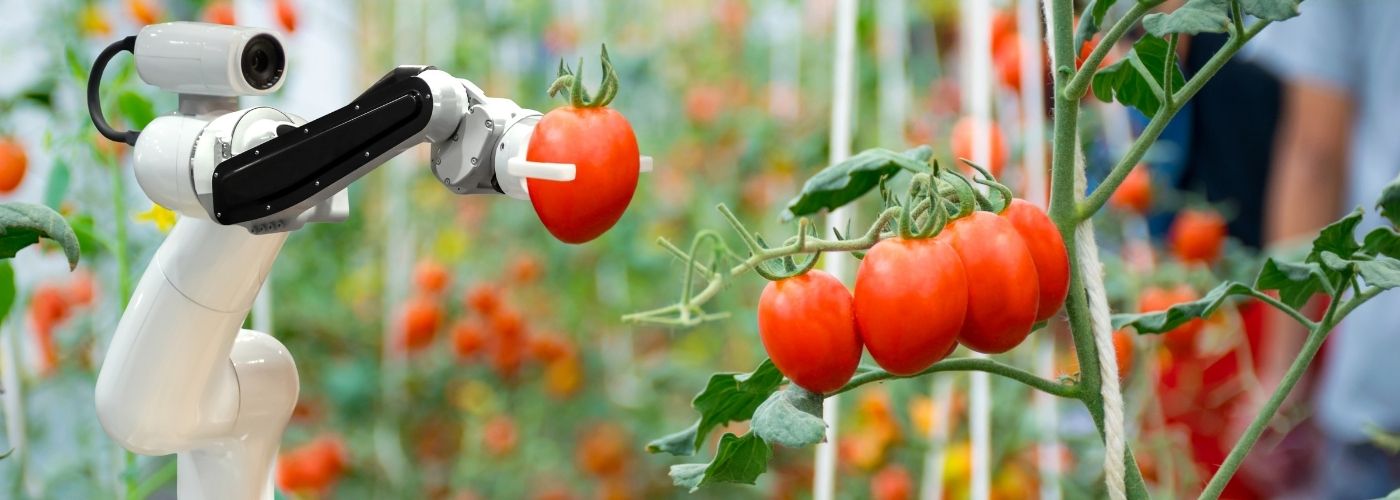.png.transform/rendition-xs/image_image%20(1).png)
Client Discovery at Erasmus Center of Entrepreneurship: six Spanish FoodTech startups are ready to conquer the Dutch market!
Desafía aims to facilitate the soft-landing of Spanish founders in the Dutch Food & AgriTech markets.
On Monday November 22nd, the six Spanish FoodTech startups selected for the Desafía program landed in The Netherlands. Desafía aims to facilitate the soft-landing of Spanish founders in the Dutch Food & AgriTech markets. For the next two weeks, these startups will explore the food ecosystem and meet key stakeholders to accelerate their entrance into the Dutch market and beyond.
It all starts with the client. Jip, program manager at Erasmus Center of Entrepreneurship, hosted a workshop on “Client discovery”. As the startups are considering expansion to the Netherlands, the main goal is to adjust their value proposition to better fit the Dutch market. This interactive workshop was based on design thinking - to understand Dutch customers and the startups’ potential clients.
Making sure that the products fit the customer’s needs
The Desafia startups know their Spanish customers, but are they aware of the potential Dutch clients’ needs?
The startups divided their targets into customer segments and proceeded to answer in-depth questions about their value propositions for the Dutch customers. The startups elaborated on the question: “What are my customers using now and what will it cost them to switch to my solution?”.
At this point, the participants mapped potential threats that might slow down the adoption of their innovation and understood how they can overpass such challenges by attracting customers.
Accelerating the sales cycle
Some of the participants shared their experience of past sales and the journey to satisfying client’s needs. Indeed, “it’s not easy to accelerate the sales cycle. If [we’re] very lucky sometimes it can take nine months because we have to adjust to their timing of development” (Roselyne from Sanygran).
That being said, the process is rather complex: “In an ideal situation, they hear that we have the technology to manufacture this special product, they call and ask if we can do that and it goes quicker. Because they already know what they want” (Roselyne). The key is then to figure out what the client wants as early as possible.
Managing expectations
When dealing with customers, Eduardo, from Feltwood, shared that “it’s always important to manage expectations. If you wake up the anxiety trigger [in a customer] too much and after you don’t deliver, then you’re done. It’s better not to express everything from the beginning and to wait to understand and gather more information, to be more of a listener than a talker”.
Conclusion
This first workshop set the tone of the program for the next two weeks. The six startups decided to make the most of their stay and “to leave this program with a clear roadmap on how to expand to The Netherlands” (Alejandro from Vegetaleso).
